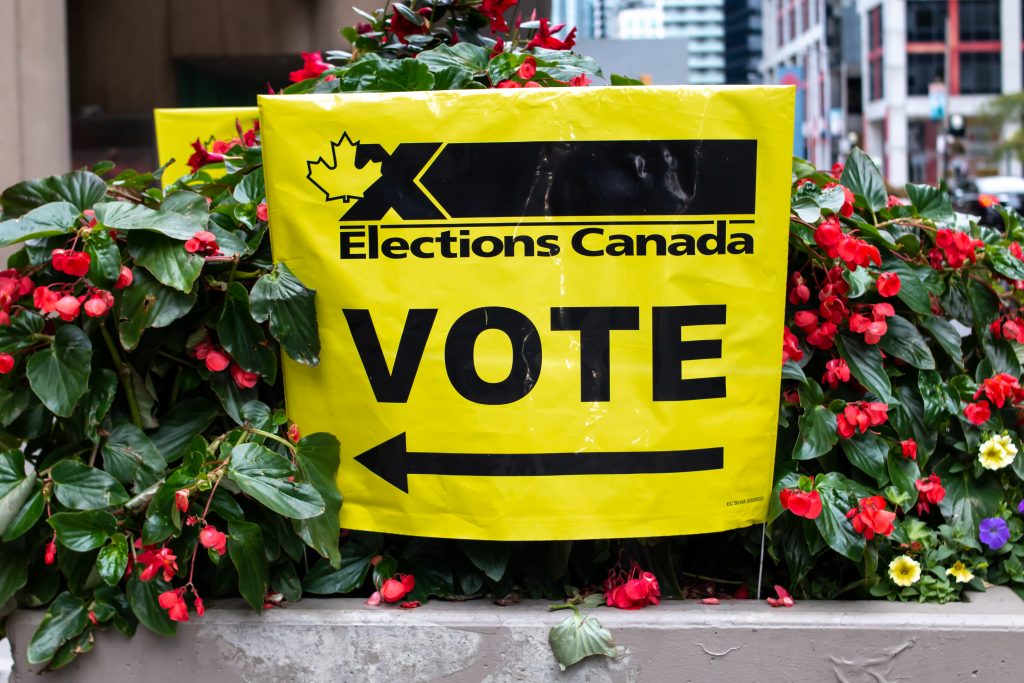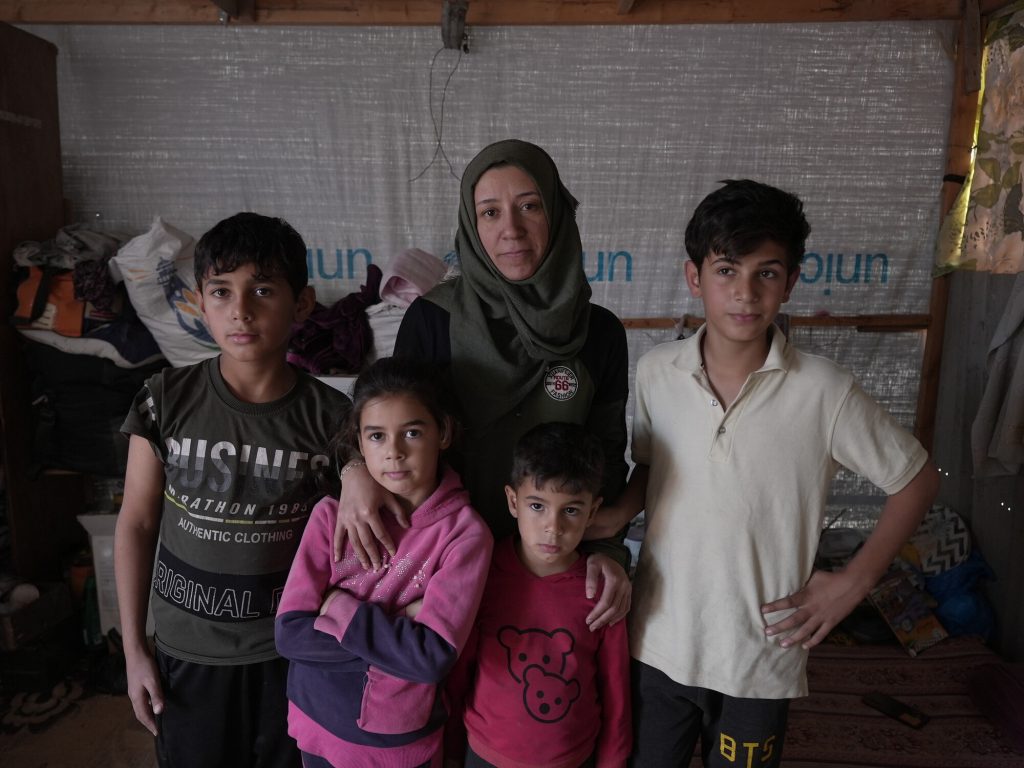The World Bank and land grabs
by Hannah Stoddart
At the beginning of its Land and Poverty Conference this week, the World Bank Group put out a statement on land that follows many months – and in some cases years – of campaigning and lobby by organisations all over the world for the Bank to take land-grabbing more seriously.
For its part, Oxfam has been running a campaign since October last year for the Bank to freeze its large-scale land investments whilst it strengthens its policies to prevent land grabs. We were becoming aware of an increasing number of land grab cases, across continents, where the Bank had been involved. We were also aware that the Bank’s role in advising developing countries on how to attract investment risked opening up land markets in ways that could lead to land-grabbing. Furthermore, its land administration programmes – in total over $1.5 billion per year – had led to disputes in Cambodia, the Philippines and Panama.
What we have seen this week from the Bank falls short of an admission that it has been involved in land-grabs – despite this being well-documented by many organisations. Neither do we have a commitment to freeze its investments whilst it makes necessary reforms – something that has been important for Oxfam.
But we shouldn’t underestimate the significance of this statement and the commitments that have been made – with the endorsement of President Jim Yong Kim who is quoted at length. Importantly, the Bank recognizes that it needs to ‘make more effort’ to ‘build capacity and safeguards related to land rights’ – which is a recognition that the Bank’s policies have room for improvement, and also provides a ‘hook’ for promoting specific safeguards on land tenure as part of the Bank’s overall review of its safeguards in coming months and years.
The Bank also reiterates its commitment to ‘promoting policies that recognize all forms of land tenure’ – one of the consistent criticisms leveled at the Bank is that its land programmes have resulted in loss of land and livelihoods of vulnerable communities – such as in Cambodia and Guatemala, so its repeated to commitment to this is good news.
Complementing this is its ringing endorsement of the Voluntary Guidelines on Land Tenure – the only global standards that exist on land governance, negotiated through the representative and multi-stakeholder Committee on Food Security (CFS).
The Bank not only commits to helping to implement these guidelines – echoing emerging calls from developing and G8 countries – but also commits to ensuring that these guidelines inform their own procedures and guidance to clients. If the Bank fulfills this aspiration, not only is this good global governance in action – an IFI genuinely following the prescriptions of a representative UN process – but it also bodes well for the many thousands of poor people who could stand to benefit from a more nuanced approach by the Bank to land tenure.
So far, so good. But though there is much to welcome in the statement, as always there are some gaps. The most glaring gap is the silence on certain forms of Bank lending which can heighten risks of land-grabbing. The Ombudsman (CAO) for the International Finance Corporation (IFC) – the Banks’s private sector lending arm – recently released an audit of IFC’s lending through ‘financial intermediaries’. These are essentially arms-length funds that manage investments and as such are one step removed from the standards and expectations for IFC loans. Little wonder, then, that the CAO found that the IFC could not account for the full extent of the social or environmental impact for almost half of its portfolio.
Given this situation, and given that Oxfam is aware of a number of controversial land cases where FIs have been involved, it is disappointing that there has so far been a weak management response on this from the Bank and that the issue is not addressed in the statement (this issue is explored by my colleague Rob Nash).
As always, the verdict on these kinds of statements will be mixed. There are some things to celebrate here. But we will also need to watch the Bank closely to ensure these are not hollow words.
Hannah Stoddart is Head of Economic Justice, Oxfam GB. This blog originally appeared at: https://policy-practice.oxfam.org.uk/blog/2013/04/the-world-bank-and-land-grabs

